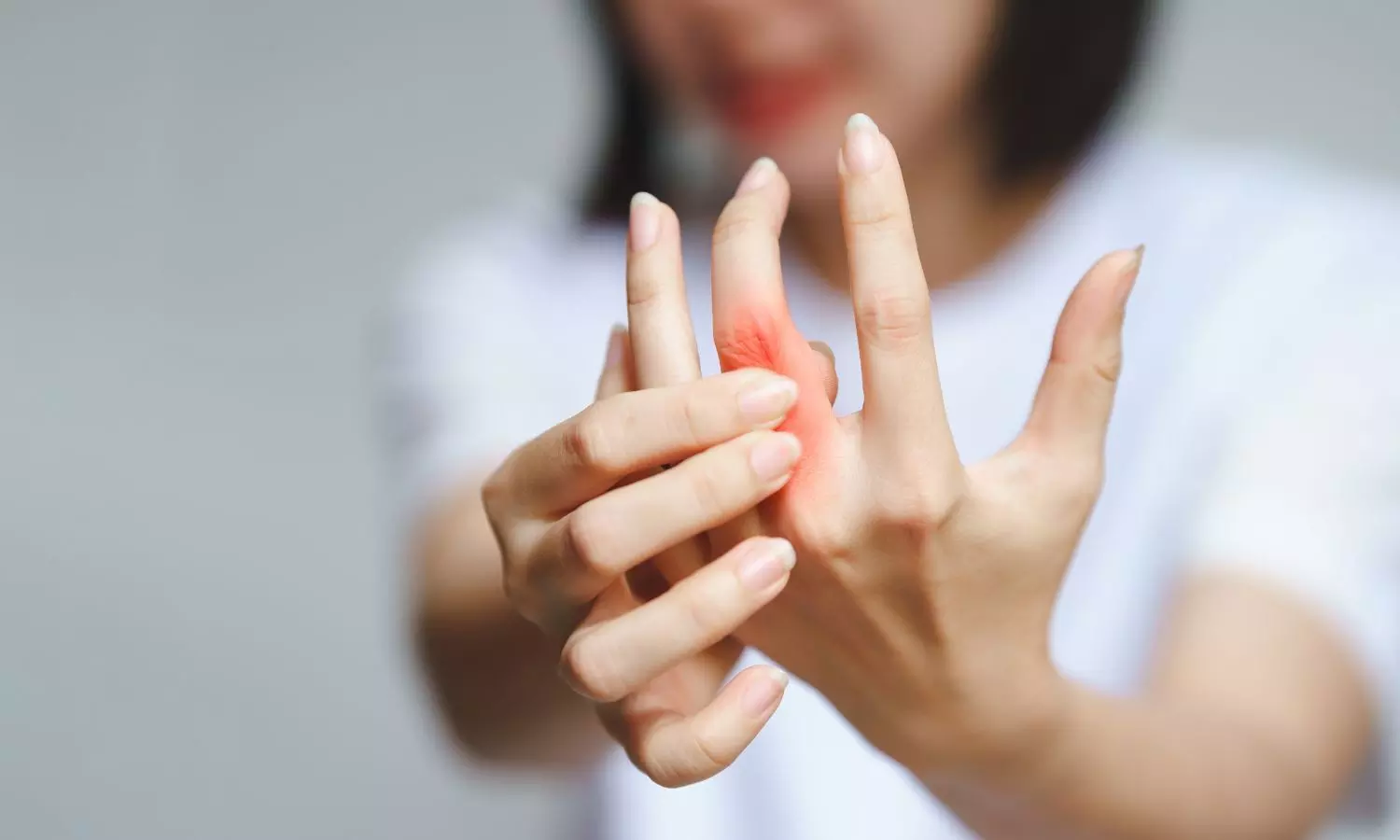World Arthritis Day: Surge in Cases Among 20–40-Year-Olds

Mumbai: On World Arthritis Day, health experts are highlighting that arthritis is no longer a condition confined to the elderly. Increasingly, individuals in their 20s, 30s, and 40s are being diagnosed with various forms of arthritis, with cases showing a steady rise in recent years.
Doctors attribute this surge to sedentary lifestyles, stress, unhealthy habits, and genetic predisposition. Many younger people overlook early symptoms like mild joint stiffness or swelling, which later progress into chronic pain and restricted mobility.
Arthritis refers to a group of conditions that cause joint inflammation, leading to pain, swelling, and stiffness.
The two most common types are osteoarthritis, caused by wear and tear of joints, and rheumatoid arthritis, an autoimmune disease in which the body’s immune system attacks its own joints. Dr Amit Grover, Orthopaedic Surgeon at Apollo Spectra Hospital, Mumbai, noted a 40% rise in arthritis cases among young adults aged 20 to 40.
“Four out of ten patients visiting me every month report joint pain and stiffness linked to arthritis,” he said. “Long working hours at desks, lack of exercise, poor posture, obesity, injuries, stress, and family history are major risk factors. If left untreated, arthritis can cause chronic pain, joint deformities, and disability.”
He added that **modern treatments** such as minimally invasive surgeries, biologic therapies, and physiotherapy are helping younger patients manage symptoms effectively and maintain an active lifestyle.
“Lifestyle changes like regular exercise, weight control, and stress management can significantly slow disease progression,” Dr Grover emphasised.
Dr Srisanat Rao, Orthopaedic and Joint Replacement Surgeon at Zynova Shalby Hospital, also observed a 20% increase in arthritis cases among young adults. “Many young people dismiss early symptoms such as stiffness or pain, but these can be the first signs of arthritis,” he said.
“Prolonged sitting, lack of physical activity, and poor diet are common contributors.” Dr Rao stressed the importance of early diagnosis, which can help control inflammation, reduce pain, and prevent long-term damage. He added that timely physiotherapy, medication, and minimally invasive treatments can offer lasting relief and help prevent disability.
Experts advise maintaining an active lifestyle, following a balanced diet, managing weight and stress, and seeking timely medical care at the first signs of joint discomfort to preserve long-term joint health.


